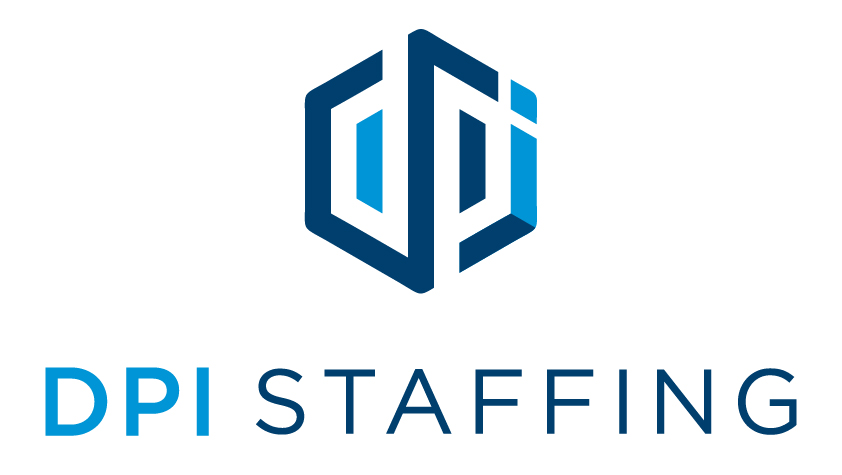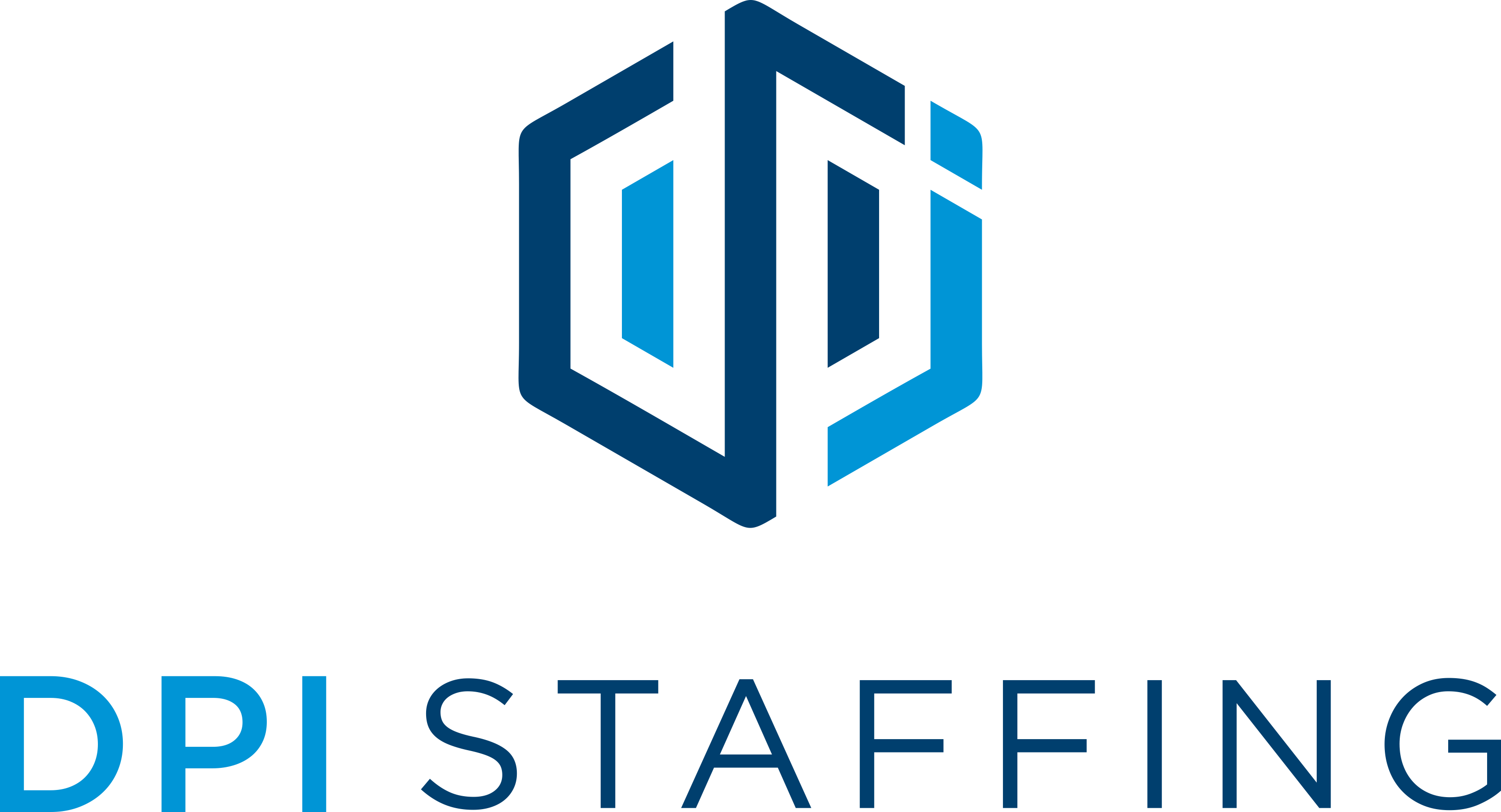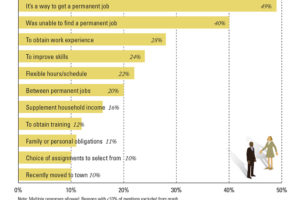Some industries are glamorous and exciting, from entertainment to tourism to food and drink. These industries appeal to the interests of a wide swath of people and garner lots of news and attention. Staffing is not one of those industries, and often flies under the radar. But if you dig deeper, you’ll find all sorts of interesting people, stories and trends. Here are four staffing industry facts we think you should know.
Staffing is part of a bigger cultural shift in the way we work.
The days of long-term, salaried, full-time jobs are over for many Americans. Temporary and contract work is here to stay. An often-cited Intuit report predicts that contingent workers (such as freelancers, temporary employees, contract workers, or consultants) will make up an astounding 40% of the workforce by 2020. Both because of economic shifts and personal choice, workers are moving more toward temporary employment arrangements.
Staffing helps candidates get permanent jobs.
Part of the reason staffing gets a bad rap is its temporary nature. But many candidates use the experience and connections gained in temp jobs to gain permanent gigs. The American Staffing Association reports that nine out of 10 staffing employees said their temporary jobs made them more employable. A third of individuals were offered permanent jobs on their assignments.
When unemployment is low, more employers turn to staffing.
68% of HR professionals said they’ve had difficulty recruiting for full-time regular positions in the last 12 months. Only 50% reported this trouble in 2013, according to a recent SHRM report. The biggest challenges they face include a low number of applicants, lack of experience among applicants, and competition from other employers. HR departments are devoting more time and resources to recruiting, finding creative new ways to recruit, and increasing training budgets. They’re also turning to temporary staffing agencies as a means to find qualified employees.
Staffing with a social purpose is gaining steam.
Many staffing companies give back to the community through volunteering or donations. But some staffing companies like DePaul Industries actually fulfill a social mission in the work they do every day. This type of staffing is known as alternative staffing, and helps people who face barriers to employment (such as a disability or the experience of homelessness) to gain work. Head to the Alternative Staffing Alliance to learn more about this sector.





